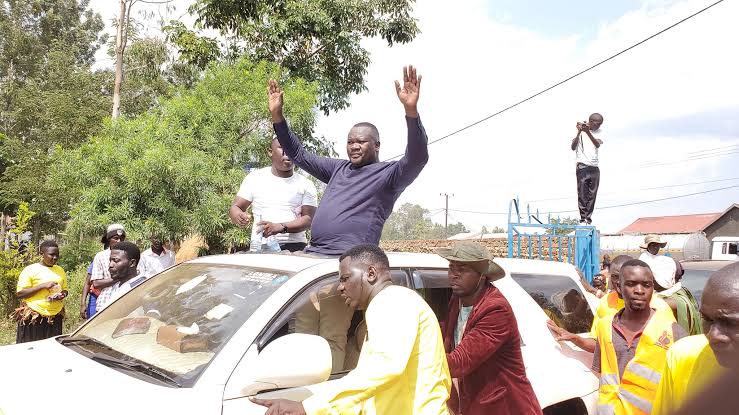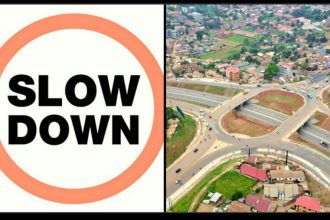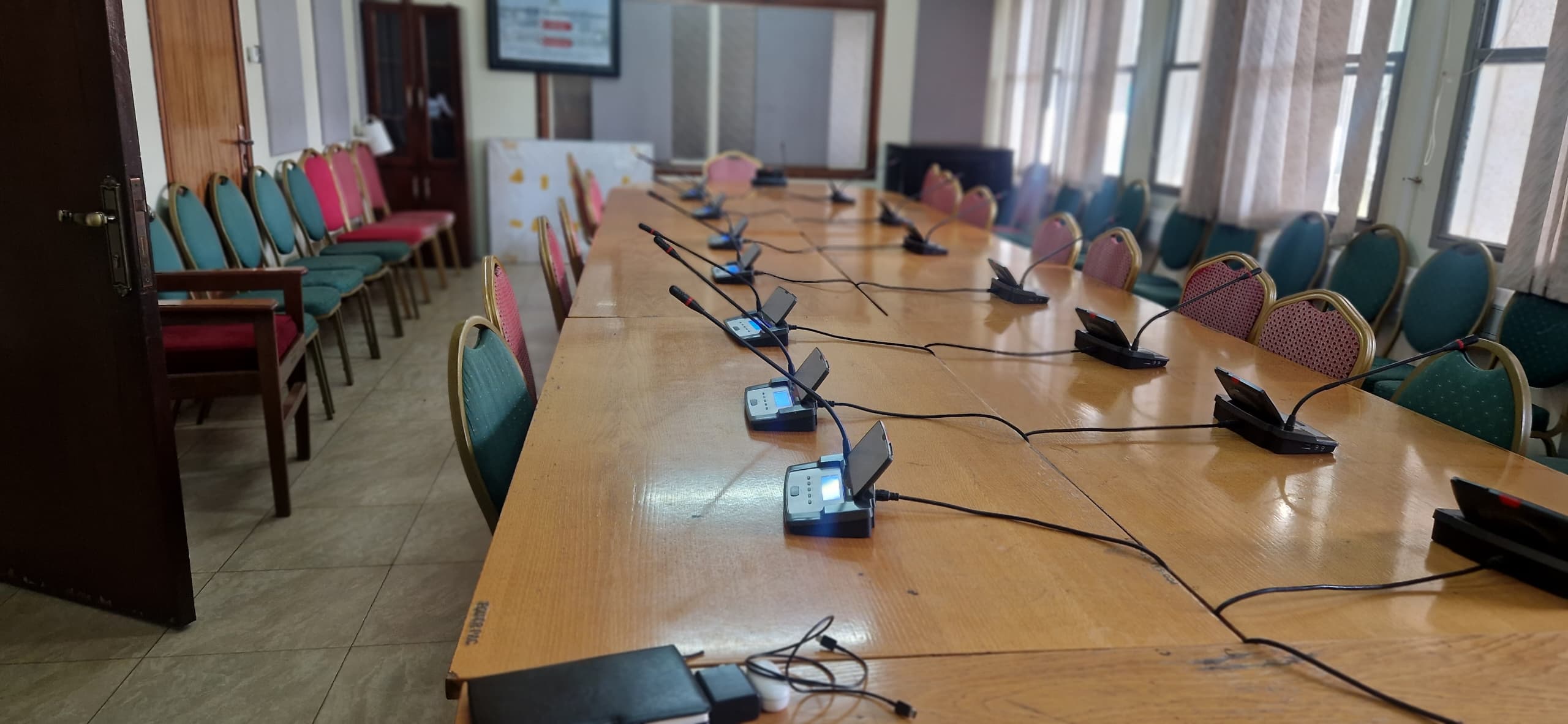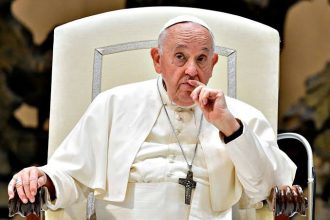Ugandans recently took to the polls to elect leaders within the National Resistance Movement (NRM), marking a significant moment in the country’s political calendar ahead of the 2026 general elections. Despite the widespread criticism fueled by allegations of violence, voter bribery, and electoral fraud, the primaries reflect a democratic effort few political parties in Uganda have replicated. While imperfections were evident, the strength of the NRM’s commitment to universal suffrage shines through. It stands as the only party that actively empowers its grassroots members to choose their leaders rather than impose candidates from above.
More than 380 petitions were filed after the July 17 primaries, reflecting not just discontent but also the intensity of political engagement. In districts such as Lira, Kapchorwa, and Mbale, citizens queued under the sun to cast their votes in the open, a method vulnerable to manipulation yet transparent in its execution. In Lira, MP Linda Agnes Auma triumphed over former minister Sam Engola in a race postponed twice due to irregularities. She won with 188 votes to Engola’s 155. Speaking after her win, she stated: “I want to thank the NRM Secretariat, the security team, and the delegates that endured for three consecutive times to always come in search for a leadership.”
This election cycle has seen more than 100 party candidates emerging victorious, including high-profile figures such as Prime Minister Robinah Nabbanja, Vice President Jessica Alupo, and Finance Minister Matia Kasaija. The outcome signals not only political continuity but also a renewal of confidence from the grassroots in their chosen leaders. Such processes, even with their flaws, stand in stark contrast to other parties where candidates are often handpicked by a few elite figures, removing the voice of ordinary members.
That said, the path was not smooth. Numerous complaints arose from candidates who alleged intimidation by security operatives, use of government vehicles in campaigns, and ballot tampering. In Lyantonde, for example, seven female aspirants lodged petitions claiming the declared winner wielded undue influence through coercive means. Similar reports came from Wakiso, Kanungu, Bugweri, and Kasanda districts. These grievances forced both the party and its leadership to respond decisively.
President Yoweri Museveni, in his characteristic directness, publicly condemned the NRM’s Electoral Commission, specifically its chairperson, Dr. Tanga Odoi, for supervising what he described as a flawed process. “Tanga Odoi cannot be the one who corrects a mistake he made,” Museveni said, affirming the establishment of a separate legal tribunal to handle all disputes stemming from the primaries. His words sent a clear message: transparency and accountability must take precedence over party loyalty.
To that end, the NRM instituted a Disputes Tribunal chaired by Senior Counsel John Musiime, which began its sessions on July 29 and is set to conclude by September 1. This tribunal was tasked with reviewing over 381 petitions, structured into eight panels operating at high efficiency—handling approximately 56 cases per day. Musiime emphasized, “This tribunal is a critical mechanism for restoring faith in the party’s democratic processes.” While the tribunal deals only with civil matters, serious criminal cases are referred to the relevant agencies like the CID and ISO for deeper investigation.
President Museveni reinforced this stance in another public briefing: “Those affected by the mistakes should know their grievances are being addressed. Everything will be rectified. It is just the facts and evidence that will conclude the matter.” Such reaffirmation from the head of state not only calms nerves but affirms the leadership’s commitment to peaceful consensus-building in time for the national elections.
Even as cracks appear in the system, Museveni’s role remains vital. His influence ensures that aggrieved aspirants are heard, that justice is not delayed, and that unity is preserved within the party. His strategic charisma, combined with decades of experience, has consistently been a cornerstone in navigating electoral turbulence.
Indeed, what transpired during the NRM primaries mirrors the broader tensions within Uganda’s political evolution. Internal democracy remains a work in progress—contested, yet essential. The party now faces a critical juncture: either treat these disputes as a moment to reinforce democratic values or risk internal fragmentation.
If this experience teaches anything, it is that imperfections in democracy do not necessarily negate its value. The act of choosing leaders through popular vote, the willingness to address grievances through legal mechanisms, and the resolve to pursue consensus amid discord all point to a party in active dialogue with its future.
Uganda’s political climate will always be complex and sometimes stormy, but with leadership that recognizes the strength of institutional reform and citizen voice, the skies might just be clearing.
The Author is the Deputy Resident City Commissioner for Nakawa Division- Kampala City.




















